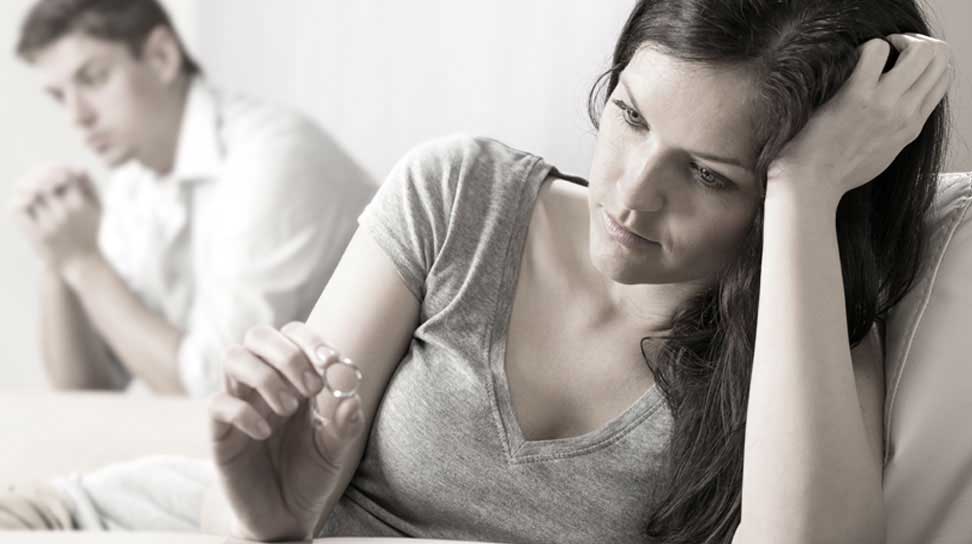Dealing with bankruptcy and divorce at the same time in one’s life can be difficult. It’s preferable not to overlap both to keep things as simple as possible. Couples in this situation are more often than not forced to file for bankruptcy before proceeding with their divorce. While this may work for most people, whether you should file for bankruptcy before or after divorce is a matter of personal preference.
Is it Better to File for Bankruptcy First?
If you and your spouse can go through bankruptcy proceedings together, filing first might be the best option for you. One of the most significant benefits of doing so is that you will be able to cancel shared marital debts that would otherwise be divided during the divorce process. It allows both couples to split filing fees and legal fees. Depending on where you live, you may be able to double your exemption amounts.
When is it a better idea to file for divorce first?
Meeting state-specific income requirements to qualify for Chapter 7 bankruptcy, which require you to earn less than your state’s median income, is one case in which you can profit from filing for divorce first. If your total income exceeds this amount, filing for divorce first may allow you and your spouse to file for Chapter 7 bankruptcy separately once the divorce is finalized.
What Happens if There's a Debt Between Husband and Wife?
During a divorce, determining who is responsible for whose debts can be time-consuming and costly. Furthermore, while a divorce ruling may require one spouse to pay a certain joint debt, the other spouse remains liable to the creditor.
Consider this scenario: after your divorce, your ex-spouse is forced to pay a shared debt. If he or she does not pay, you are still liable for the debt, and you may begin to get collection calls. While you have the right to be compensated by your husband for any such debt, pursuing that matter could lead to another court appearance. Because the divorce decision takes precedent, your spouse will be held liable even if he or she has filed for bankruptcy if you take the matter to court.
What Happens When Property Is Divided?
The split of assets during a divorce is made easier when you get rid of your debts together through a joint bankruptcy petition. While some states allow couples to double their exemption levels, not all do (California does not). If you own a lot of property, filing for bankruptcy before getting divorced may allow you to quadruple your exemptions.
If your state does not allow you to double your exemptions and you have more equity in your home than can be exempted, you may be better off filing for divorce first, as long as you keep ownership of the home. When you file for bankruptcy, you may be able to keep the property.
Exemptions from the Law
Depending on where you live, you may be able to keep certain assets thanks to the homestead exemption, motor vehicle exemption, personal property exemption, and exemptions for wages, retirement/pension plans, government benefits, and insurance.
What Isn't Included in the Exemption?
Keep in mind that bankruptcy does not absolve you of all your debts. The following are examples of non-dischargeable obligations:
- You must pay fines and penalties to government entities.
- Fines and penalties imposed by the courts
- Payments for child support and alimony
- Expenses incurred by attorneys in child support/custody cases
- Loans for students
Conclusion
Couples who are planning to divorce should only consider bankruptcy after exhausting all other debt relief options. The road to rebuilding your money can become much smoother if you and your spouse agree to work together in handling your joint financial concerns. If you’re still undecided about whether to file for bankruptcy or divorce first, go to an attorney as soon as possible.

